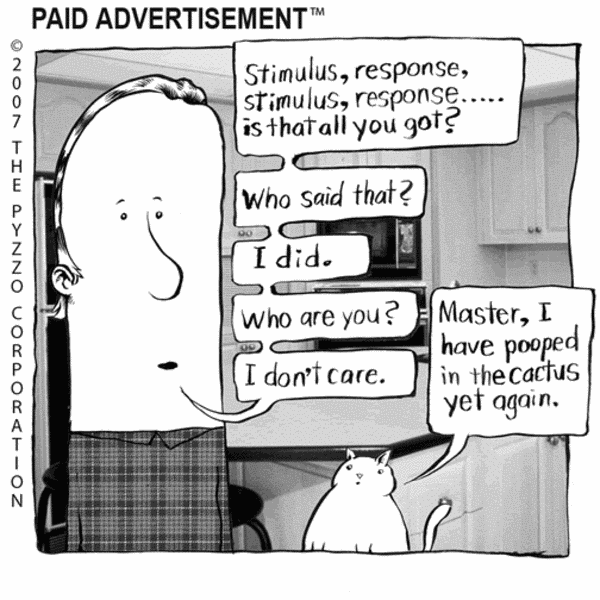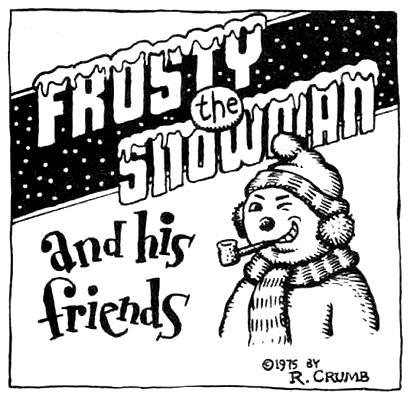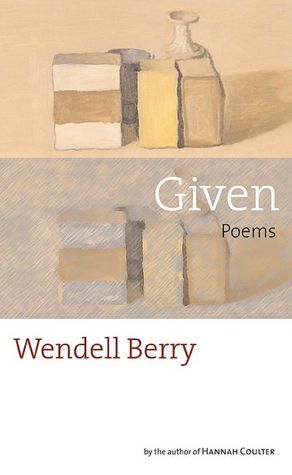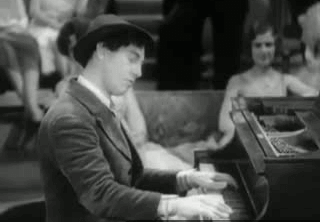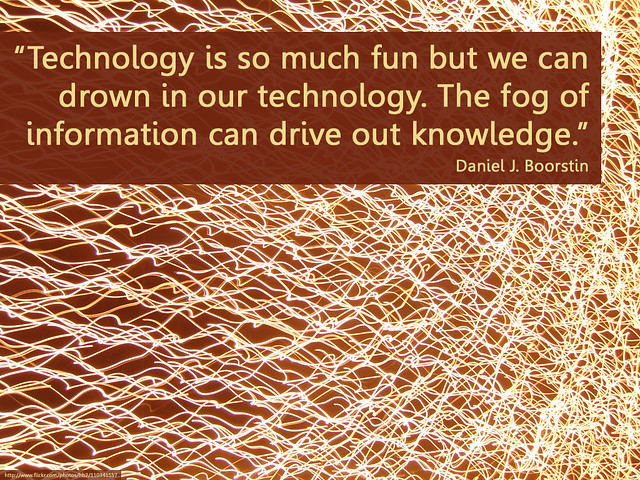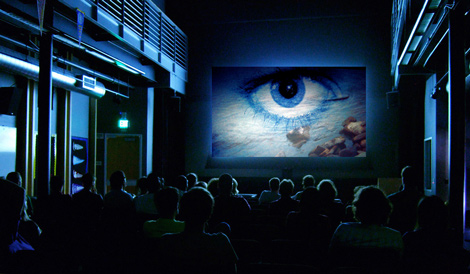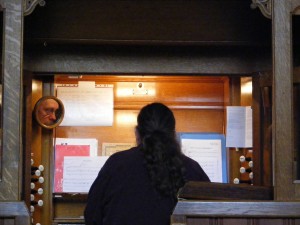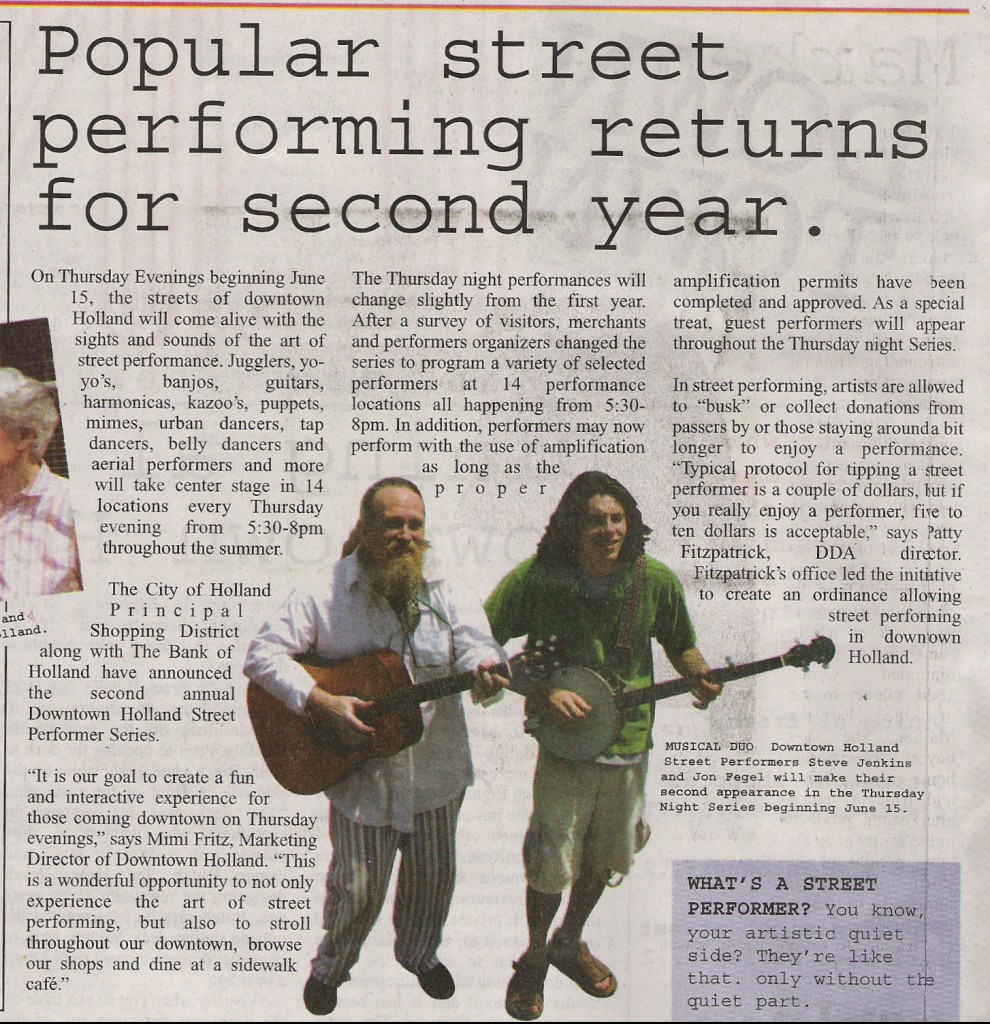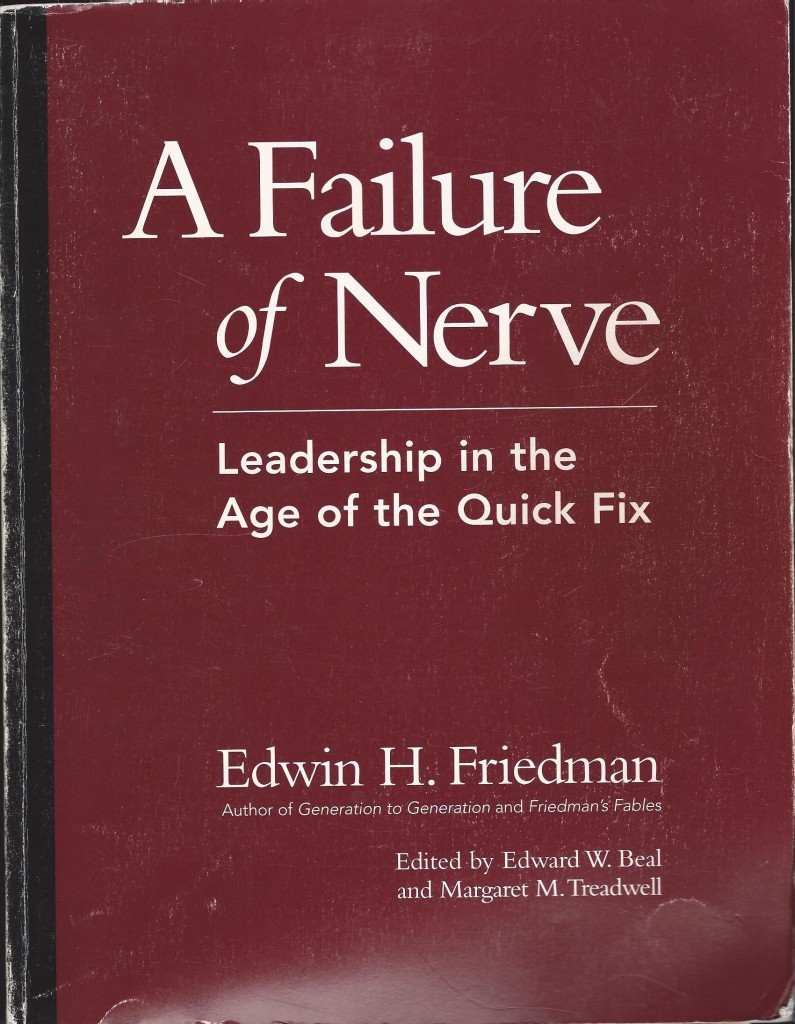Got up this morning and played through this fugue several times. Then I went on Spotify and queued up 23 versions of it, including one for strings and two for organ. Here’s the one for strings:
I remember reading about how Rosalyn Tureck interpreted these fugues years ago, but never bothered to actually look up her recordings.
I found two different recordings by her on Spotify.
I love the visualizations in this version:
When I first learned about fugues and Bach (9th grade or so?), I was very impressed with the idea of cleverly combining melodies that were constructed from the same little modules of note patterns. This fascinated me for years.
Now I distinguish between the craft and the beauty. Bach’s fugues are amazingly crafted but don’t always attract with the beauty of their musical ideas. This particular one really does it for me, however.
I decided it would be polite to just sit at the breakfast table with my wife (instead of pounding away at the piano first thing in the morning) and analyze this same fugue.
I knew there would be online versions I could quickly print up. Lo and behold I found one of this 5 voice fugue in score. This means there is a line for each voice and since Bach overlaps voices it is much easier to see the counterpoint.
(Little post posting note: I just found out that Bach’s entire manuscript is online to view. Here’s a link to a PDF of this prelude and fugue in his handwriting!!!!!)
I often use the interwebs this way. Yesterday, I introduced a new piece Tu Solus Qui Facis Mirabilia to my choir. I mentioned it in yesterday’s blog, I believe.
One of the sopranos started questioning the meaning of the words even though we were not singing the text yet (easier to skip the Latin the first couple of read-throughs).
I will probably blog about her specific question later.
But I came home and found numerous references and articles about this particular piece online.
Very cool.
I am loving the interwebs for sure.
Here is the Hilliard Ensemble recording of this piece. I am moving away from their lovely interpretation to one that is not quite so ethereal. But they do sound pretty good.
********************************************************************
Bookmarked several articles to read yesterday:
What Happens To Old And Expired Supermarket Foods – Forbes
Will Robert Kyncl and YouTube Revolutionize Television? : The New Yorker
Supreme Loser – By Ali Vaez | Foreign Policy
Why Iran’s ayatollah-in-chief always gets it wrong.
The Q Factor – The Chronicle Review – The Chronicle of Higher Education
Q = Queer theory.
*********************************************************************

The Folly of Fools — By Robert Trivers — Book Review – NYTimes.com
I have been very interesting the idea of deception and self-deception lately. So this book and the very interesting review caught my attention. I particularly liked this story the reviewer tells about Trivers:
Throughout the book, he recalls instances in which he lied — to girlfriends (he has apparently had many), wives (two), children (five) and colleagues. In one especially poignant passage, Trivers recalls walking down a city street with an attractive young woman, “trying to amuse her,” when he spots “an old man on the other side of her, white hair, ugly, face falling apart, walking poorly, indeed shambling.” Trivers abruptly realizes he is seeing his reflection in a store window: “Real me is seen as ugly me by self-deceived me.”
***********************************************************************
More bookmarked to read:
Social media in the 16th Century: How Luther went viral | The Economist
All They That Labored – The Chronicle Review – The Chronicle of Higher Education
This about the King James translators of the Bible.
On Neutrinos and Angels – The Express Tribune
Haven’t read this all the way through, but this excerpt will give you an idea of what it’s about:
Speed of light issues have often moved sections of religious people in rather strange ways. Way back in 1973, as a young physics lecturer at Quaid-i-Azam University, I had been fascinated by the calculation done by the head of our department. Seeking the grand synthesis of science and faith, this pious gentleman — who left on his final journey last month — had published calculations that proved Heaven (jannat) was running away from Earth at one centimeter per second less than the speed of light. His reasoning centred around a particular verse of the Holy Quran that states worship on the night of Lailat-ul-Qadr(Night of Revelation) is equivalent to a thousand nights of ordinary worship. Indeed, if you input the factor of 1,000 into Einstein’s famous formula for time dilatation, this yields a number: one centimeter per second less than the speed of light!
**********************************************************************
Edge : Conversations on the edge of human knowledge
A blog I have bookmarked to check intermittently.
By the way, I found a lot of these links on an excellent filter blog: The Browser. I am checking this one a lot lately.
*******************************************************************
I found a particularly moving poem yesterday:
To an Iraqi Infant
by Sinan Antoon
December 2002
Translated from the Iraqi by the poet
do you know
that your mother’s nipples
are dry bones?
that her breasts
are bursting
with depleted uranium?
do you know
that the womb’s window
overlooks
a confiscated land?
do you know
that your tomorrow
has no tomorrow?
that your blood
is the ink
of new maps?
do you know
that your mother is weaving
the slowness of her moments
into an elegy?
And she is already
mourning you?
*********************************************************************

